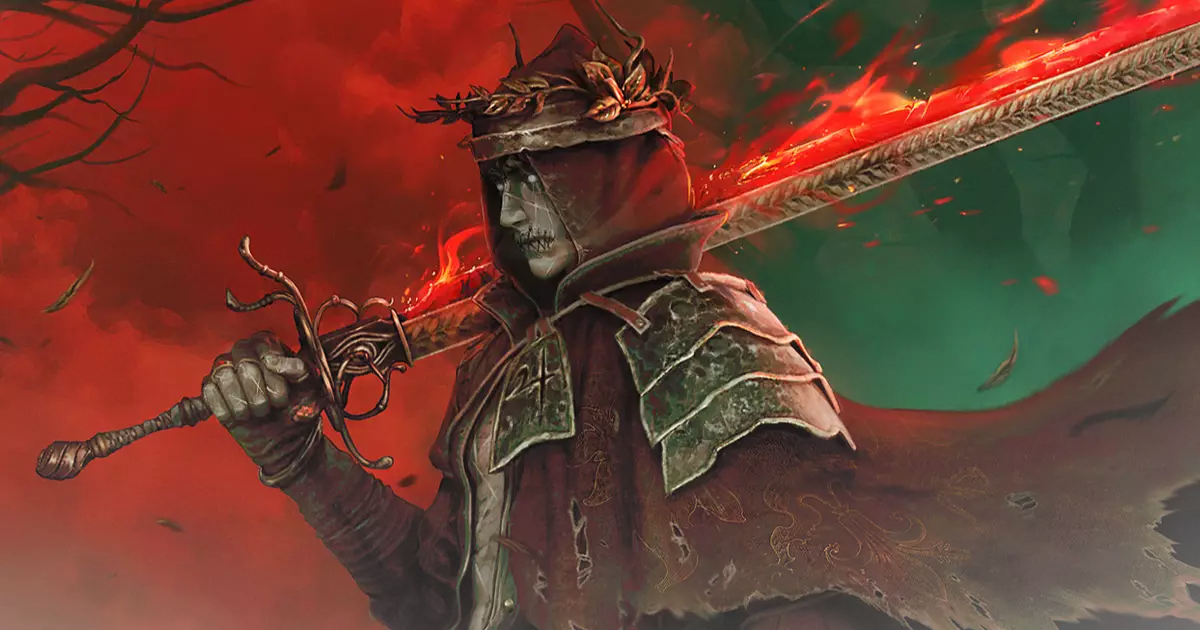In an unexpected and daring twist, Jyamma Games is venturing into the fiery depths of Dante Alighieri’s legendary masterpiece, La Divina Commedia, transforming it into a visceral action-RPG experience. Unlike previous adaptations, which often trivialized or sensationalized Dante’s profound poetry, this new interpretation aims to immerse players in the allegorical universe of Hell, but through a distinctly modern lens. With elements such as customizable weapons, combat classes, and procedural dungeons, the game seeks to blend literary fidelity with gameplay innovation, challenging the traditional boundaries of what a literary adaptation can be.
This bold experiment calls into question the very purpose of translating a 14th-century epic into a digital format. Can a work so steeped in theological and philosophical depth withstand the demands of contemporary gaming? Jyamma appears to be aware of these challenges and aims to present a version that balances the poem’s rich symbolism with the frenetic energy of modern action. Instead of reducing Dante’s journey to a straightforward grind for loot, the game endeavors to capture its metaphysical essence—transforming each circle of Hell into a realm of sins personified, where every battle and choice echoes the moral and spiritual struggles Dante depicted.
From Literary Reverence to Explosive Action
What distinguishes this project from its predecessors—the most infamous being Visceral’s Dante’s Inferno—is its commitment to respect the source material while embracing genre conventions. The trailer’s lighthearted tone might suggest a superficial approach, yet the developers’ intentions seem rooted in creating an immersive mythos, where Dante’s allegories come alive in a visually stunning, mechanically complex universe. Incorporating a narrative alignment system and gender choices for the protagonist signals an emphasis on player agency, enabling a more personalized voyage through Hell’s treacherous circles.
Additionally, the inclusion of procedurally generated extraction dungeons introduces a compelling gameplay mechanic—less about traversing the afterlife in a linear fashion and more about dynamic exploration and resource collection. It’s a modern nod to the procedural paradigms that dominate current gaming trends, adapted here to serve a metaphysical narrative. Loot, weapons, armor—these are the tangible artifacts of salvation and damnation, crafted and acquired amid the chaos of infernal depths. Yet, one must question whether these gameplay elements complement the spiritual and moral themes or risk trivializing them into mere collectibles.
Challenging Expectations and Cultural Sensibilities
Dante’s influence on language and literature cannot be overstated, yet his epic remains a monument of theological contemplation, moral reflection, and poetic mastery. Appropriating such a work into an action-RPG inevitably invites criticism—particularly from purists who view any such adaptation as a desecration. The humorous or irreverent trailer might reinforce this skepticism, portraying Dante’s divine journey as mere entertainment rather than a profound pilgrimage. Still, there’s an undercurrent here of examining faith and morality through the lens of interactive storytelling.
It’s intriguing to consider whether Jyamma’s game will deepen our understanding of Dante’s divine vision or simply use it as a backdrop for adrenaline-fueled combat. The game’s claim to position the Divine Comedy as a mythic framework substituted for outdated religious dogma suggests an attempt to explore societal ideals and crises in a universe reborn from chaos. But can a videogame effectively grapple with the profundity of Dante’s insights? Or will it serve as a superficial veneer, masking a primarily commercial endeavor?
The Future of Literary Gaming and Cultural Impact
Ultimately, Jyamma’s endeavor signifies a broader trend—questioning the boundaries between art, literature, and interactive entertainment. The challenge lies in crafting a game that honors Dante’s intellectual rigor while offering compelling gameplay, an equilibrium that has eluded many earlier adaptations. If successful, La Divina Commedia could pave the way for future projects that treat classic literature with both reverence and innovation.
As with all ambitious projects, timing and execution will be critical. The lengthy process of composing Dante’s original work hints at the patience required to faithfully adapt it into a game. Fans and critics alike will be watching closely to see if Jyamma’s vision can transcend mere novelty, ultimately enriching the cultural landscape of gaming with its audacity and depth. The journey through Hell is long and treacherous, but if navigated thoughtfully, it might lead players toward a renewed appreciation of Dante’s timeless revelations about the human soul.

